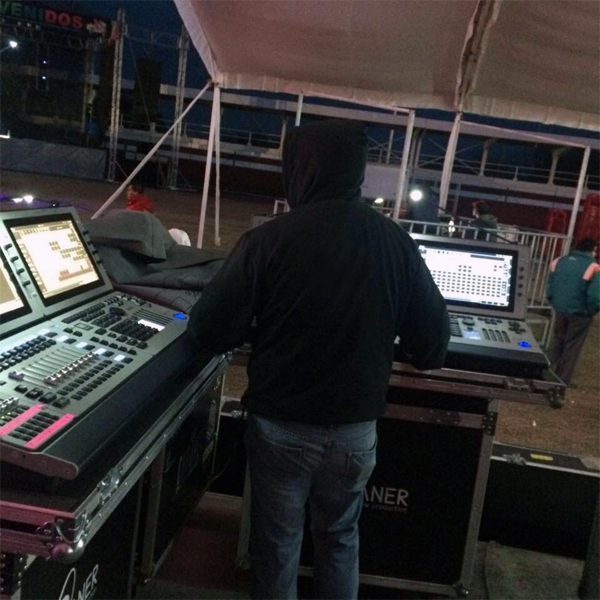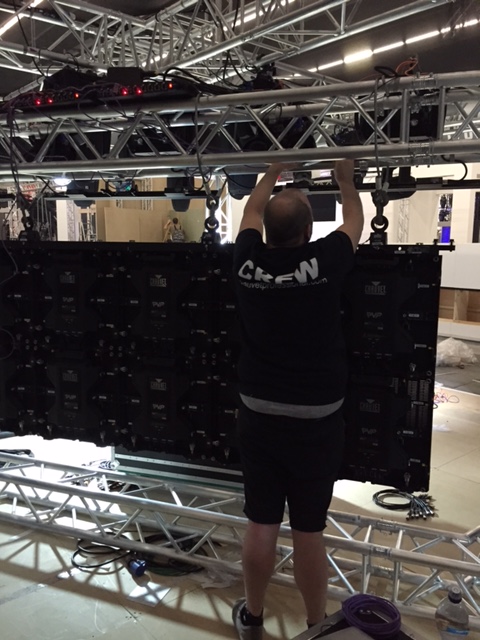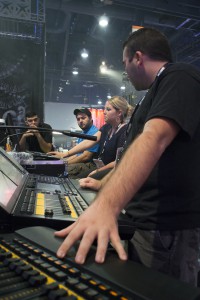Managed Expectations
Posted on December 5, 2016I recently made a trip that I have been putting off for far too long. I went to visit a school of higher learning to visit the instructors and see their facility set up and to get some insight as to what their program teaching methods were all about. I was pretty impressed with the setup and wished that I had something as nice when I was a student 20something years ago.
We got into the discussion of expectations, of which there are many. There are the expectations of the students when they come to the program, the expectations of the students by the instructors, and finally, the expectations of the graduates by the industry.
So, let’s start at the beginning. 18-20 year old’s tend to feel like they own the world. Why not? They have graduated from high school and have been pumped full of “you can do it”. When they hit the college level, their heads are spinning and they feel like they own the world. They come with (what they think is) a ton of knowledge, but no experience of which to apply it to. After all, true intelligence comes from a combination of knowledge and experience. Students expect that their pre-conceived notions will be totally fulfilled instantly upon reaching college. Sadly, this is rarely the case, and if it does happen, then their hopes and dreams may not have been big enough. Once they get past this first realization, their expectations change to trying to learn as much as possible from their instructors so that they can go out into the world and find work as designers.
 This is the goal, not the start.
This is the goal, not the start.
Then there are the instructors. They expect their students to be sponges. Absorb as much information as possible in the time allotted for instruction, then go study and memorize every aspect of an industry that is changing and evolving on a daily basis. Instructors expect their students to pick up what is being laid down on a daily basis. They expect that their students will learn all that they can, but also develop their natural abilities as designers, programmers, or whatever they want to specialize in so that when they leave the confines of the program, they can function in the world in some position that relates to the industry. Lastly, there are the expectations of the industry itself. The industry expects these recent college graduates to be able to sit down, shut up, and do what they are asked to do the first time for as little money as possible. This is just the reality of starting out in a specialized filed like the entertainment technology world.
 More rigging, less programming until you prove yourself.
More rigging, less programming until you prove yourself.
Here is the thing. None of these expectations are based in fact. They are what we all expect along the way and for the most part, these expectations are unrealistic. Take students. They expect that they will learn everything that they need to know in school. It takes time to figure out that’s not possible. Students don’t have that kind of time. Instructors expect students to pick it up as they go. For some students with natural talent, this is possible, but let’s face it, no student has a full sized lighting control board at home to practice on and learning these things takes time. As for the industry, the sit down and shut up mentality is a nightmare waiting to happen.
 Shared knowledge is the key to keeping the industry going.
Shared knowledge is the key to keeping the industry going.
The key is managing expectations along the way from all sides. On the industry side, it would be awesome if there were some kind of halfway house for recent college grads to learn how the industry really is as opposed to how it was explained to them back in the institution. Someone has to tell these people that their first gig out from school is not going to be designing. It’s going to be setting gear up and humping cable. That is just how it is. You have to pay your dues with every new gig. It’s not fair, but then again, it’s totally the right way to learn. My first gig out of college was running stage automation on a cruise ship, at least that is what my job description was. My actual job was running stage automation during rehearsals and shows that needed it. On the shows that didn’t need it, I ran video or followspots. Then during the time when I wasn’t running shows, I was setting up microphones, shooting video, running cable, fixing gear, putting up scenery, and trying to learn everyone else’s jobs for cross training. I found out pretty quick that the learning never ended. And that is the point right there. LEARNING NEVER ENDS, but you only get to go to school once.
So to the students who read this, programming and design are cool, but learn how to swing a hammer, run cable, fix lights. There are a lot more stage hand types than programmer types working at any given moment.
To the instructors, be honest with your students about the industry. Tell them the highs and the lows. It can be rough out there and the sooner they realize it the better. Without new blood and new ideas, our world will become stagnant and if these kids come out and become disillusioned and bitter, we are going to lose some amazing talent.
To the industry, lighten up. Keep hold of your first experiences and help the next generation up. WE NEED THEM! Help them to combine their knowledge with experience. It is up to us to mold the future of our crafts. Encourage the youth to work hard, work smart, and work safe.